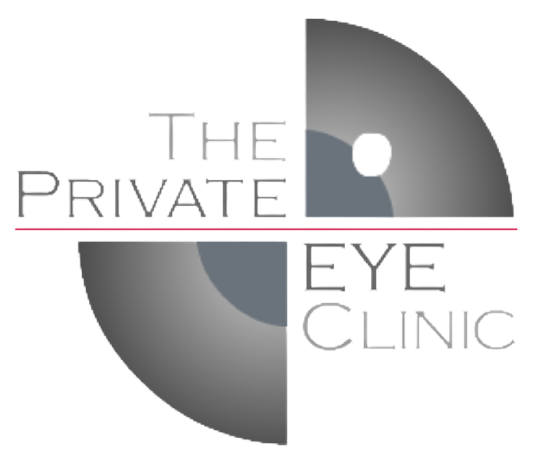
Blepharitis / Meibomianitis
Blepharitis is a chronic inflammation of the eyelids (especially the glands of the eyelid margins) which may cause redness, crusting, irritation, burning and itching of the eyelid margins and may cause red irritated eyes.
Sometimes this only develops in later life. Patients with blepharitis often have other minor skin ailments such as rosacea, oily skin, bad dandruff, acne, psoriasis etc.
The eyelids contain sebaceous glands (like the oil-producing glands of the skin that are involved in acne) and an abnormality in these glands is the problem. The thickened secretions are associated with an increase in bacteria, which cause low-grade inflammation and irritation.
After many years there may be a thickening of the eyelid margins, loss of eyelashes and distortion of the margins of the eyelids, which can cause chronic tearing and may require minor surgery for correction. Sometimes cysts form in the eyelid tissue, which may require minor surgery.
How is Blepharitis Treated?
Treatment may take 3 or 4 weeks to work and will need to continue long term, though with less frequency.
-
Treatment of blepharitis in children
Use a water balloon (about the size of the child's fist) to help treat blepharitis and chalazia. Warm it in the microwave for 20 seconds or so, test it for adequate warmth, wrap a washcloth around it, damp or dry, and hold that to the eye. Reward the child by letting them throw the water balloon (outside of course) at the end of the treatment.
-
Lid Hygiene
Lid hygiene is necessary and will need to be continued long term. The following regimen may be useful - do it EVERY morning initially:
Hold a hot wet face washer on the closed eye until the heat is gone. Repeat this, then put the face cloth down. Express the secretions from the glands at the base of the eyelashes by pressing firmly with a finger on the eyelid margin. Closing the eyelids can make this easier (see diagram over page).
Scrub away the secretions with the wet face cloth.
-
Antibiotic or Cortisone Cream may sometimes be prescribed. Occasionally a long course of antibiotic tablets may be necessary.
Recently Flaxseed oil [only use if you still have your gall bladder] has been suggested as a dietary supplement to improve the composition of the oils within the eyelid glands and skin. It may be worthwhile purchasing this from your local health food shop and taking 1-2gm daily. You may need to do this for a month or so before you notice much improvement in your symptoms, but for some people it is beneficial.
If the main symptom is a gritty sensation then the frequent use of simple lubricants (eg. Genteal or Polytears) will help. Use these as frequently as needed for comfort.
